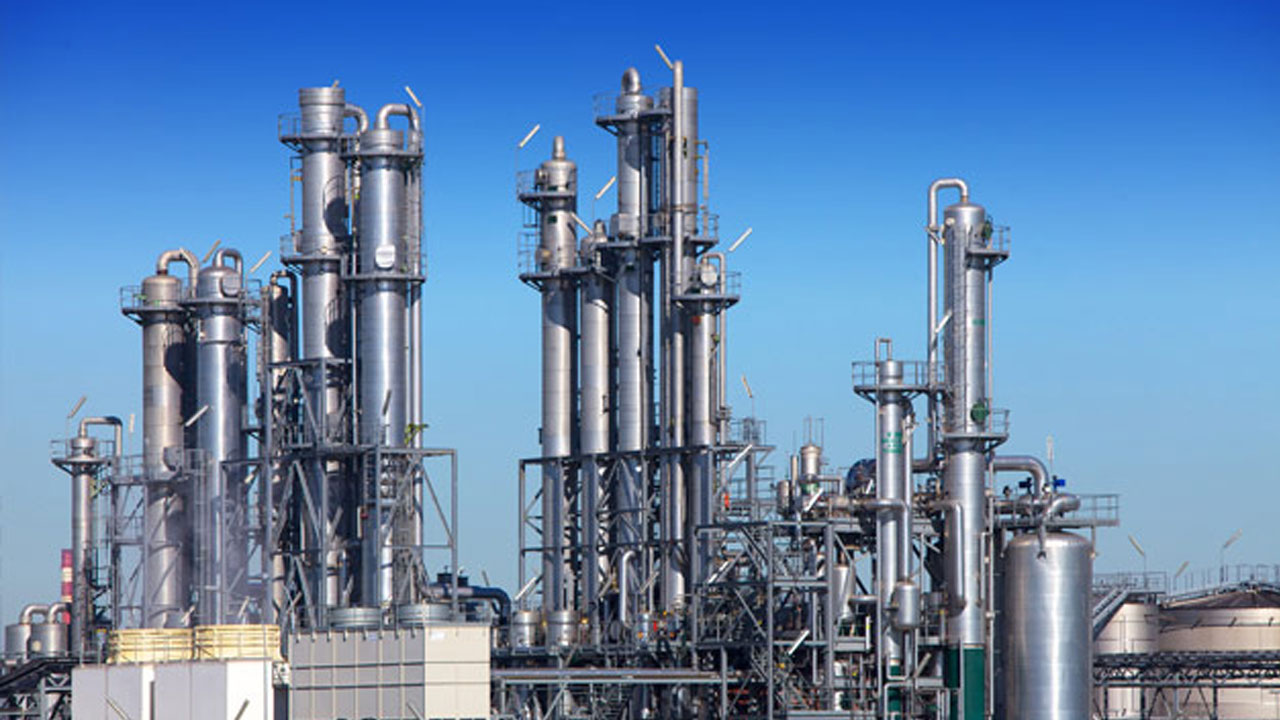 off the Berbice coast, a refinery may help to catalyse growth in the region.
off the Berbice coast, a refinery may help to catalyse growth in the region.
 President Dr Irfaan Ali
President Dr Irfaan AliThough the Irfaan Ali-led government has said that it supports a privately developed oil refinery, the President also talked up the integration of oil and gas developments in the wider development of the region and country at large.
Already, with the possibility of refineries and new deepwater ports, he announced that the Guyana National Training Centre will also be established in the region. This centre is expected to train Guyanese in the technical competencies needed for their participation in the oil and gas sector.
This adds to plans to make thousands of acres of land available for expanded agricultural production, and the development of a new urban centre replete with a new stadium, hotel and shopping mall.
“We are creating a macro-vision that will transform this region beyond recognition- that will bring new opportunities, that will bring new and sustainable jobs that will empower people to participate in a greater way in the economy of this region,” the Head of State told the Region Six residents.
The possibility of at least one local oil refinery has found favour with private sector bodies. In fact, President of the Georgetown Chamber of Commerce and Industry (GCCI) Timothy Tucker says that the body has supported the establishment of a modular oil refinery since 2017.
This modular oil refinery, essentially, is a simplified factory that enables the simple distillation of crude oil into usable products like diesel, kerosene and residual fuel oil. Importantly, this oil refinery requires less capital investment than a traditional full-fledged refinery.
</p>
<p>” data-medium-file=”https://newsroom.gy/wp-content/uploads/2022/04/image-2-1-300×169.png” data-large-file=”https://newsroom.gy/wp-content/uploads/2022/04/image-2-1-1024×576.png” loading=”lazy” class=” wp-image-140083″ src=”https://newsroom.gy/wp-content/uploads/2022/04/image-2-1.png” alt=”” width=”412″ height=”232″ /><figcaption id=) GCCI President Timothy Tucker (Photo: News Room/April 12, 2022)
GCCI President Timothy Tucker (Photo: News Room/April 12, 2022)“We believe that with what you’re seeing presently, if you’re able to have a refinery locally, you’ll be able to fill your demand in the local market, control prices better and of course, there are so many by-products that can be done,” Tucker told the News Room at the sidelines of a recent event.
He, however, acknowledged that the establishment of a refinery demands some consideration- particularly the sheer amount of capital needed.
He also noted that with the investment in such large-scale infrastructure, the availability of oil to be refined should be considered. Guyana’s prolific Stabroek Block alone, however, has about 10 billion oil-equivalent barrels.
With these considerations, Tucker said that Guyana can even expand beyond supplying local consumers and stabilising oil prices to supplying oil to other Caribbean countries.
Economist Richard Rambarran also believes that the establishment of an oil refinery, which will be able to supply fuel directly to local consumers, is one mechanism of helping locals “feel” the benefits of the oil and gas developments.
 Richard Rambarran
Richard RambarranLike Tucker, he noted that this refinery has the ability to stabilise fuel prices so that consumers are not badly affected by global challenges that cause price shocks. Rising fuel prices have been impacting local consumers recently due to supply chain challenges amid the COVID-19 pandemic and the Ukraine- Russian war.
“… the financial end of it also needs to be explored whether it’s more feasible to construct or whether it’s more feasible to lease (a refinery) but that is something that I think almost immediately, will translate the impact of increased prices,” Rambarran said during a recent interview with the News Room.

